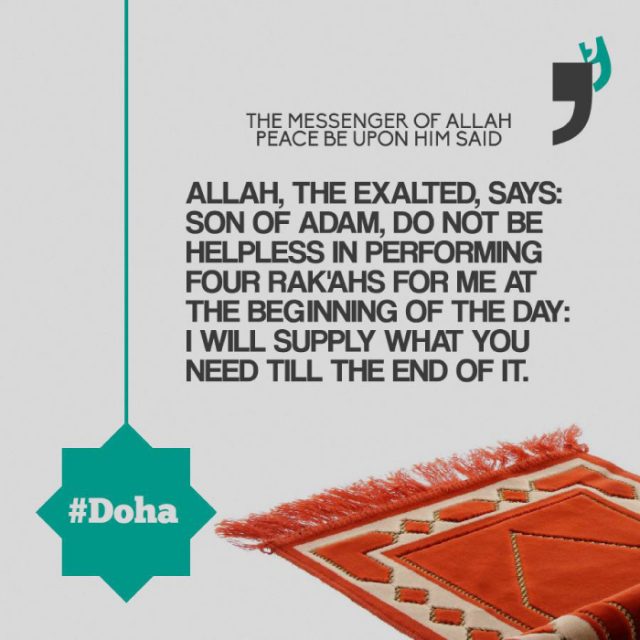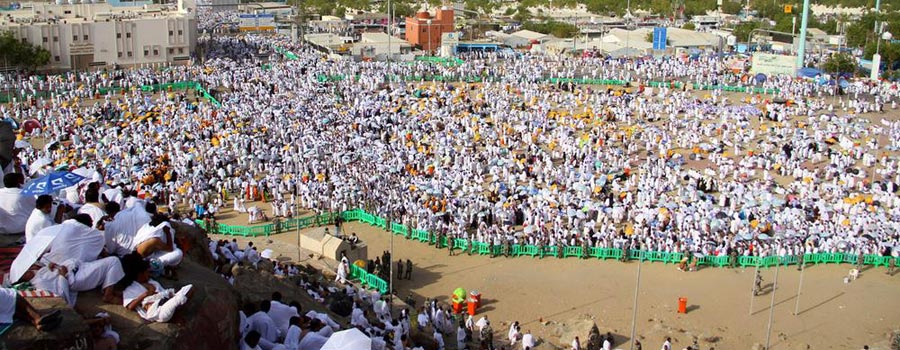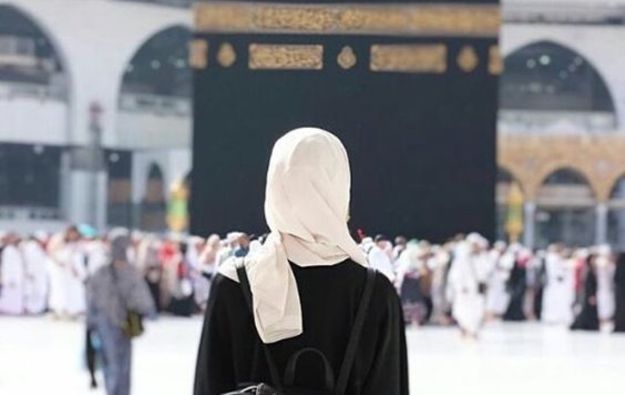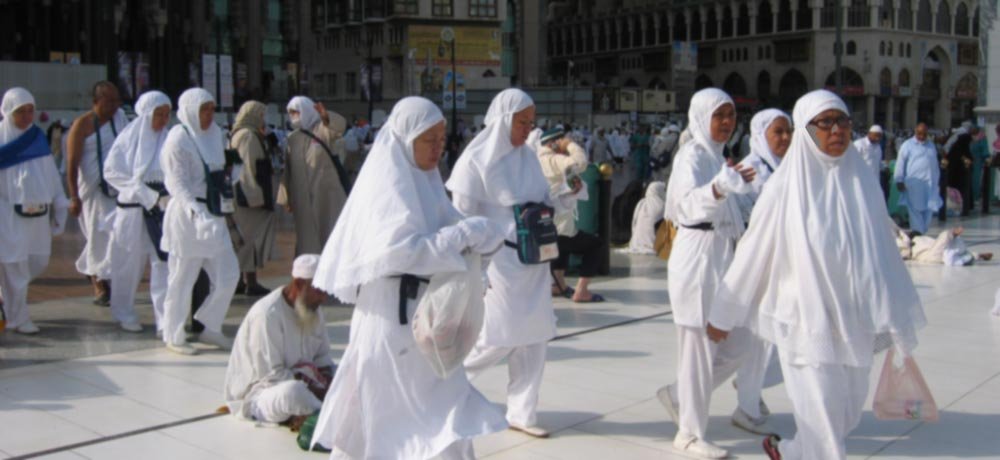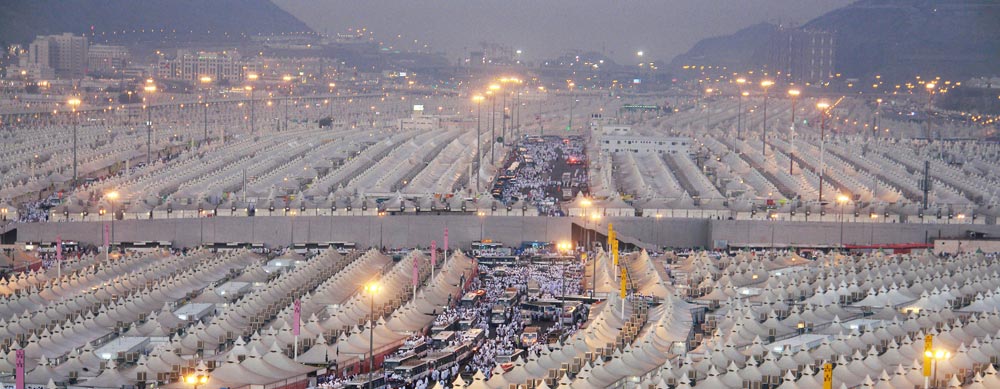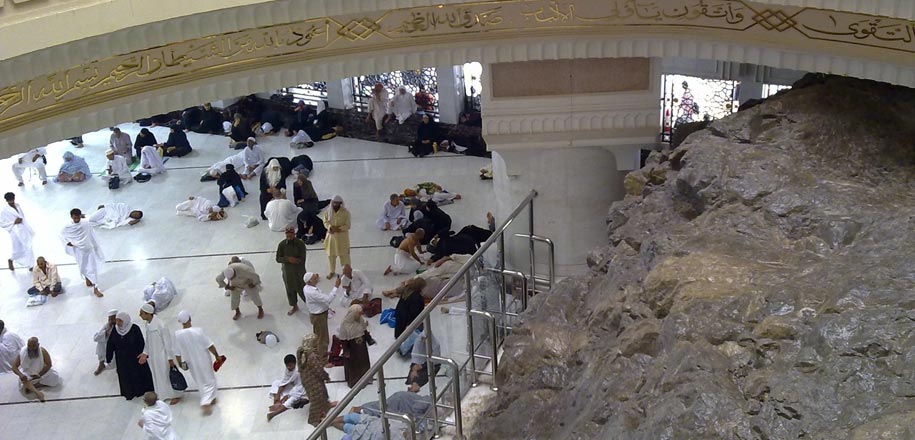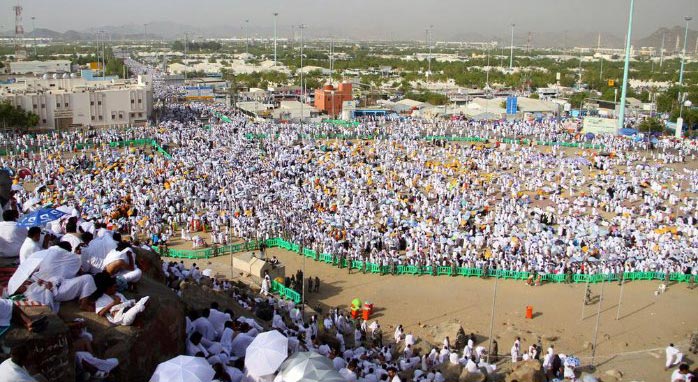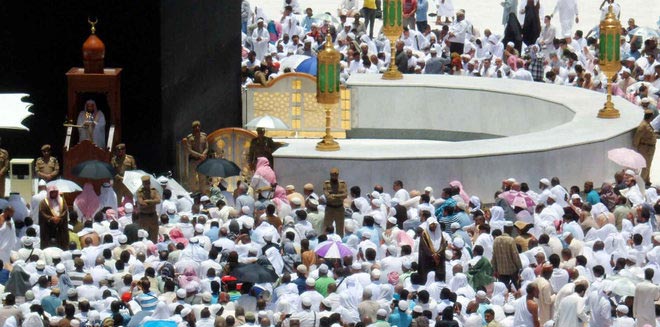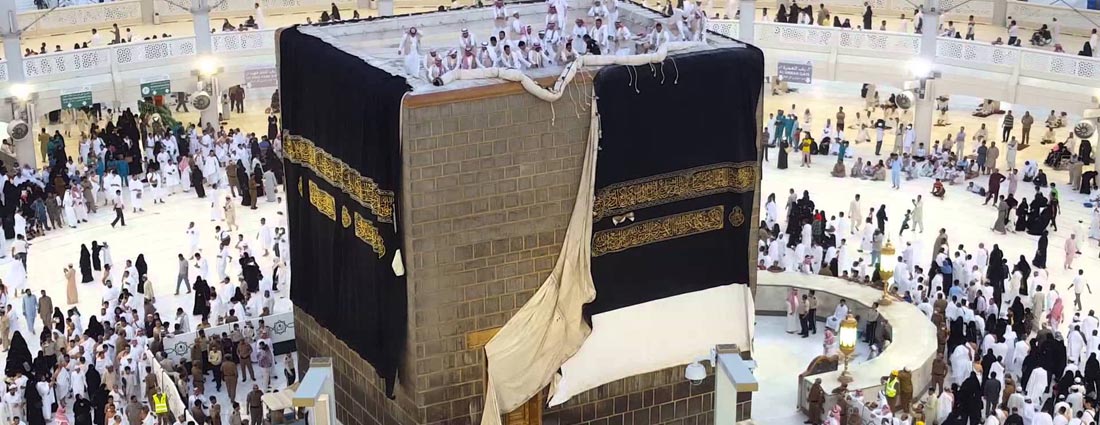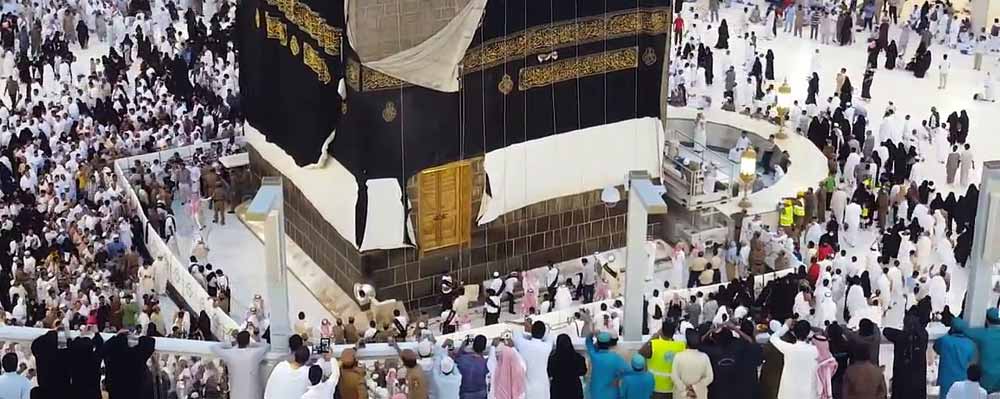This does not mean that we are exempt from the obligation to perform the pilgrimage once in our lives, but it means that we can engage in rituals of worship that will earn us great rewards.
As we saw images of thousands of pilgrims flooding into Makkah and the white tents springing up in Mina, our hearts longed to be there. Some of us were unable to perform Haj this year, and we feel that we missed out on a great opportunity to earn rewards and to wipe out our sins.
For those who wish to win the rewards from Allah and attain His mercy and forgiveness but were unable to perform Haj, there are acts of worship that could be equal in rewards to the rewards for Haj. This does not mean that we are exempt from the obligation to perform the pilgrimage once in our lives, but it means that we can engage in rituals of worship that will earn us great rewards.
Forgive others so that Allah may forgive you. Holding rancor and hatred towards others who have wronged you is keeping you from being a better person.
The Prophet (peace be upon him) was sitting with a group of his companions in the mosque and he said, “A man will now enter [who is] from the people of Paradise.”
A certain companion walked in, a seemingly regular man. Later, it happened again, and then a third time, and each time this man was described by the Prophet (peace be upon him) as an inhabitant of Paradise.
Abdullah ibn ‘Amr ibn al-Aaas wanted to find out what was so special about this man, so he asked the man if he could stay at his house for three days. While staying with him, Abdullah watched him closely but he noticed that the man did not do anything out of the ordinary. So after three days, Abdullah told the man the reason why he requested to stay with him, and he asked him what it was that could be the reason why he was from the people of Paradise.
The man could not think of anything, but he said “Every night, before I go to sleep, I forgive whoever has wronged me. I remove any bad feelings towards anyone from my heart.”
Therefore, forgiving others can make us among the people of Paradise.
Praying Fajr in congregation and then dedicating your time for the remembrance of Allah until the sun rises can be equivalent to the reward for Haj.
Anas, the close companion of the Prophet (peace be upon him) narrated that the Prophet (peace be upon him) said, “Whoever prays the Fajr prayer in congregation and then he remains sitting mentioning Allah until the sun rises, and then he prays two Rak’ahs, will receive the reward of one Hajj and one Umrah, complete, complete, complete.” (At-Tirmithi)
If we were unable to be among the pilgrims in Makkah this year, we can still be worshippers in the mosques in any city of the world, and we can anticipate great rewards from Allah. Going to the mosque to pray in congregation is highly rewarded, and walking to the mosque is even better. Do not leave the mosque as soon as Fajr prayer is over; sit in the mosque to mention Allah’s name and read the Qur’an and supplicate. How amazing would you feel if the angels were asking Allah to forgive you for your sins?
Abu Hurayrah, the well known transmitter of Hadith, reported that the Messenger of Allah (peace be upon him) said, “The angels supplicate in favor of one of you so long as he remains in the place where he performed Salat [prayer] in a state of ablution. They [the angels] say, ‘O Allah forgive him, O Allah, have mercy on him.’” (Al-Bukhari)
Join a study group at your local mosque, whether it is to read the Qur’an or study its meanings or to study sayings of the Prophet (peace be upon him). Whether you go to learn or to help someone else learn, your rewards will be as great as that of a pilgrim; just make sure that your intention is to seek the rewards from Allah.
Abu Umamah reported that the Prophet (peace be upon him) said, “Whoever leaves for the mosque in the morning for no reason but to learn goodness or teach others, then he will have a reward as if he has completed the Haj pilgrimage.” (Al-Mu’jam al-Kabīr)
Many of us do not place much importance on the voluntary prayer, Al-Duha prayer, but if we understood how tremendous its rewards are, we would not miss it.
Abu Hurayrah narrated that the Prophet (peace be upon him) said, “None could observe Duha prayer regularly except a penitent.” (At-Tabarani)
A penitent person is someone who repents, who feels sorrow for wrong doings, and who seeks forgiveness from God.
As for the time to pray Al-Duha, it is from sunrise until shortly before noon. You can pray two Rak’aat, or four or six or more.
Donate to orphans, widows, and those in need. We should be giving charity and supporting those in need all year round, and especially in blessed times like Ramadan and Dhul Hijjah.
What are the deeds that would help us earn the pleasure of Allah?
The Prophet (peace be upon him) informs us in his Hadith in which he said, “The most beloved of people according to Allah is he who brings most benefit to people, and the most beloved of deeds according to Allah the Mighty, the Magnificent, is that you bring happiness to a fellow Muslim, or relieve him of distress, or pay off his debt or stave away hunger from him. It is more beloved to me that I walk with my Muslim brother in his time of need than I stay secluded in the mosque for a month.” (At-Tabarani)
Umrah Packages | Hajj Packages | Ramadan Umrah Packages | December Umrah Packages
Source: saudigazette.com.sa
